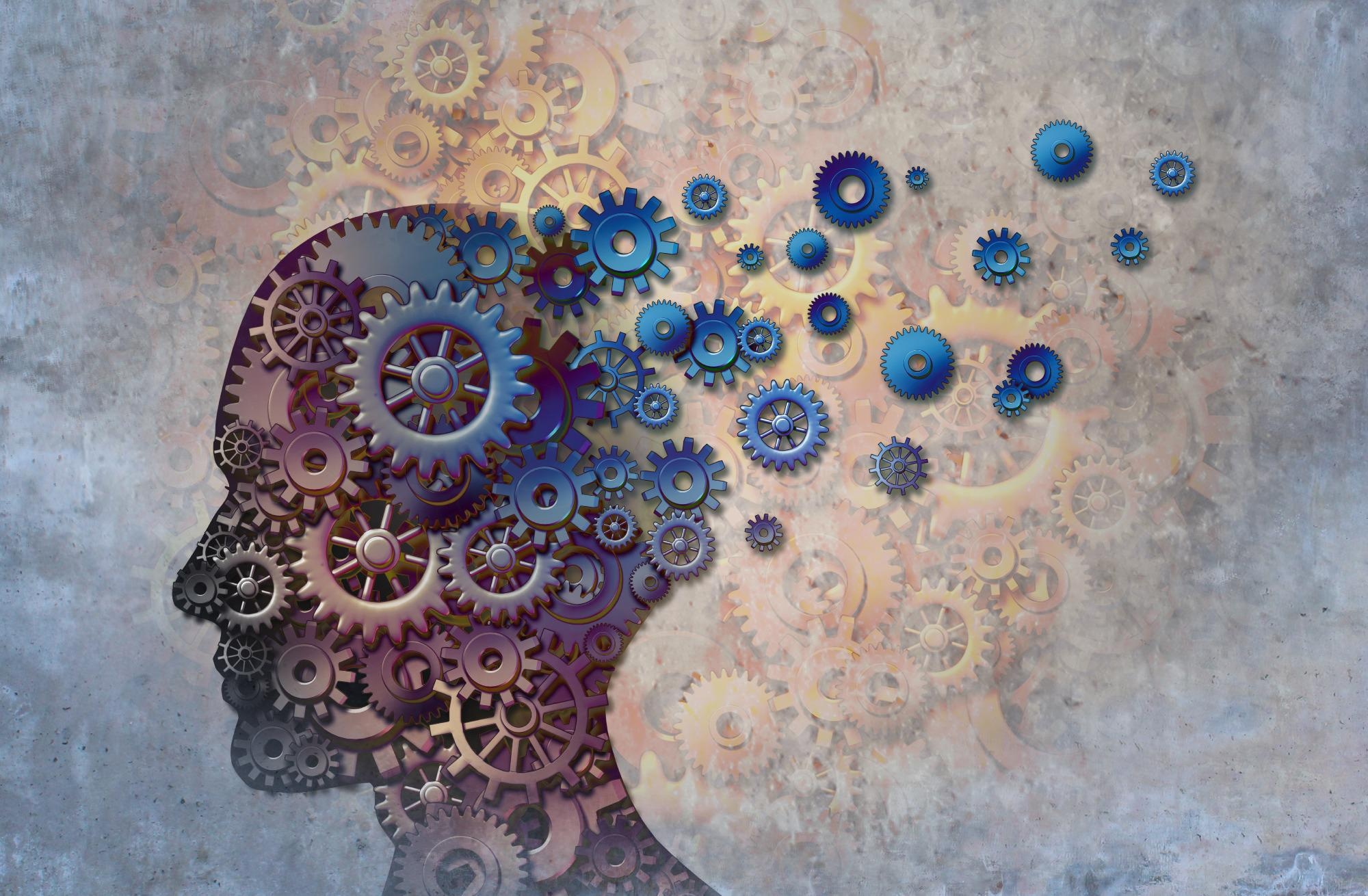Repressed memories are memories that we unconsciously avoid thinking about, usually because of a traumatic experience. These memories are thought to be unconsciously blocked for several years and are recovered later, often from a trigger.
The concept of repressed memories was developed by the psychoanalytic scholar Sigmund Freud, who was influenced by the hypnotist Jean-Martin Charcot in the late 19th Century. Since then, the existence of repressed memories has become a highly controversial topic in psychology, and research shows that researchers and clinicians are still in debate.
Memory researchers argue that there is no substantial scientific evidence that repressed memories exist, whereas clinicians claim the opposite – this debate has been referred to as the “memory wars” by scholars. Each side of the debate has points backed by significant evidence, as a result, many neutral parties have taken the task of setting the records straight.
How memories form and how we lose them - Catharine Young
The evidence in support of repressed memories
Clinicians claim that repressed memories are a type of defense mechanism developed following a traumatic event. The idea behind this is that when a traumatic experience is overwhelming and may be detrimental to the health of the individual, the mind unconsciously hides the memory of the experience from conscious awareness.
As the memory is repressed, the individual loses the ability to recollect the experience that triggered this defense mechanism and they often become unaware that they have been traumatized.
Clinicians also believe that the mind’s act of repressing memories continuously exerts both a mental and physical burden on the individual. This is experienced through symptoms such as insomnia, low self-esteem, anxiety towards certain people and/or situations, and confusion. Research shows that the most effective way of reducing this burden is through recollecting the traumatic experience.
What is the counterargument?
Contrary to the belief of clinicians, memory researchers claim that repressed memories do not exist, but instead the memories ‘recovered’ may have been forgotten, consciously repressed, or falsely implanted. There are several cases where individuals who have experienced a traumatic event do not remember all the details of the event when asked to recollect it.
The amygdala in the brain is responsible for encoding emotional experiences as unconscious memories – these can affect our thoughts and behavior. The encoding of these memories allows us to associate them with future stressful or threatening events, allowing us to instantly respond to any danger.
When we experience something particularly traumatic, amygdala activity rapidly increases and hippocampal activity – which is responsible for encoding conscious memories – decreases. Researchers suggest that this is the mechanism that underlies why people struggle to remember specific details about traumatic events.
Some memory researchers argue that the term ‘conscious repression’ is a more accurate alternative to unconscious repression. This is supported by studies that show that when asked to forget/not think about items on a memory test, participants demonstrate significantly less accurate memory retrieval.
Lastly, one of the main arguments from memory researchers is that therapeutic interventions can be suggestive and may lead the individual to create false memories of traumatic events. These false memories may arise from suggestions during therapy – supported by the false memory paradigm, false memory implantation.
In the false memory implantation method, participants are told to explain false events that are suggested to have happened to them alongside a series of events that did happen to them. Using this method, researchers have managed to implant several false memories of varying extremes, from getting lost to being abducted. These studies show that these suggestions can cause false memories can be created.
Memory researchers use these results to imply that false memory implantation can occur in therapeutic settings, especially in those who self-report lapses in their memory.

Image Credit: Lightspring/Shutterstock.com
Conclusion
The concept of repressed memories claims that people, through therapy, can recover memories of traumatic experiences (e.g., abuse) that were unknown to them prior to therapy.
Clinicians believe that repressed memories have the potential to be psychopathological and therefore can inflict both a physical and mental burden on the individual. Recovering the repressed traumatic memory is necessary for relieving this burden.
Researchers argue against this by claiming that instead of repressing the memory, individuals may forget the memory, consciously suppress it or the memory may be false altogether. Additionally, many individuals may not even want to talk about their experience in fear that they will have to face the reality of the event.
It is important to note that memory researchers who claim that repressed memories do not exist often say that false memories seen as recollected repressed memories can negatively impact other settings.
“Falsely recovered memories of abuse allegedly taking place decades ago might find their way in court – potentially leading to false accusations and wrongful convictions.”
Otgaar et al., 2021
It is therefore important that clinicians are aware of this and educate those interested to reduce the chance of false memories developing.
References
- Government of Canada, D. of J. (2017). PART III – How Trauma Affects Memory and Recall - The Impact of Trauma on Adult Sexual Assault Victims. Www.justice.gc.ca. https://www.justice.gc.ca/eng/rp-pr/jr/trauma/p4.html
- Loftus, E. F., & Pickrell, J. E. (1995). The Formation of False Memories. Psychiatric Annals, 25(12), 720–725. https://doi.org/10.3928/0048-5713-19951201-07
- McNally, R. J., & Geraerts, E. (2009). A New Solution to the Recovered Memory Debate. Perspectives on Psychological Science, 4(2), 126–134. https://doi.org/10.1111/j.1745-6924.2009.01112.x
- Otgaar, H., Howe, M. L., & Patihis, L. (2021). What science tells us about false and repressed memories. Memory, 1–6. https://doi.org/10.1080/09658211.2020.1870699
- Otgaar, H., Howe, M. L., Patihis, L., Merckelbach, H., Lynn, S. J., Lilienfeld, S. O., & Loftus, E. F. (2019). The Return of the Repressed: The Persistent and Problematic Claims of Long-Forgotten Trauma. Perspectives on Psychological Science, 14(6), 1072–1095. https://doi.org/10.1177/1745691619862306
Further Reading
Last Updated: Dec 23, 2021